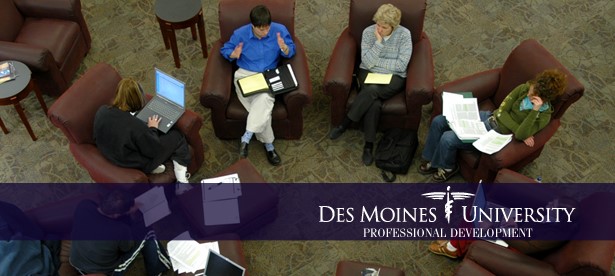Online Research, Social Media, and the IRB: Assessing Ethics, Norms and Risks

The emergence of online communities and research on and through social media has presented challenges to institutional review boards (IRBs) who assess novel recruitment methods, data collection techniques, and diverse forms of risk. This webinar will describe an array of online spaces, with a particular focus on appropriate IRB review.
Objectives
The following topics will be covered during this webinar:
- The specificity of social media as it relates to online research.
- Different types of social media used in human subjects research.
- Tips for evaluating what qualifies as appropriate recruitment and data collection techniques in diverse online spaces.
- Relevant issues and important considerations for IRBs regarding social media research.
- Techniques for IRBs to address questions of social norms in online communities and social media.
- Strategies for how IRBs can estimate baseline risks to subjects, and specifically, what constitutes risk and what constitutes more than minimal risk in online research.
Speakers
Elizabeth Buchanan, Ph.D.
Elizabeth Buchanan, Ph.D., is endowed chair in ethics and director of the center for applied ethics at the University of Wisconsin, Stout. She is a scholar in the fields of research ethics, information/communication technology ethics, and research methods. Her work is particularly focused on the intersections of research regulations, internet/online venues and tools, and the subsequent ethical challenges that arise for researchers and research board reviewers. Dr. Buchanan serves as an associate editor for JERHRE, serves on the editorial board of the International Review of Information Ethics and Philosophy and Technology, and reviews for many other scholarly journals and granting agencies. Elizabeth currently sits on University of Wisconsin, Stout IRB, has served on both social science and medical school research ethics boards, and presented her National Science Foundation (NSF)-funded research on IRBs and internet research to the Secretary's Advisory Committee on Human Research Protections (SACHRP) in 2010. She has also presented at the Office for Human Research Protections (OHRP) Community Research Forums, and has done professional development work with many IRBs, including the Department of Energy (DOE), Rockefeller Clinical and Translational Science Center, New York University, and Columbia University, among others. She has been on the faculty for Public Responsibility in Medicine and Research (PRIM&R) since 2008, where she has taught pre-conference workshops and many didactic sessions. Her work in research ethics enabled a fellowship to the University of Oxford's E-Social Science Center in 2008-09. She is currently a principal investigator on two NSF-funded projects: one on internet research ethics and regulation, and a second on pedagogy and computer science and ethics graduate studies. Her first NSF study involved empirical research on the policies and review practices of U.S.-based IRBs and internet research (2006-2008).
Joseph Konstan, Ph.D.
Joseph Konstan, Ph.D., is the Distinguished McKnight University Professor, Distinguished University Teaching Professor, and associate department head of the Department of Computer Science and Engineering at the University of Minnesota. His research addresses a variety of human-computer interaction issues, including personalization (particularly through recommender systems), eliciting online participation, and designing computer systems to improve public health. He is probably best known for his work in collaborative filtering recommenders (the GroupLens project, which recently won the Association for Computing Machinery (ACM) Software Systems Award), and for his work in online HIV prevention. It is through this latter work that he became involved in issues of human subjects research ethics and practices for online research, a subject on which he has lectured at a variety of conferences and universities. Dr. Konstan received his PhD from the University of California, Berkeley in 1993. He is a fellow of the ACM, a member of the Computer-Human Interaction (CHI) Academy, and past-president of the 4,500-member ACM Special Interest Group on Computer–Human Interaction (SIGCHI). He has also served as vice chair of the Federal Demonstration Partnership where he worked to document and reduce faculty burden associated with administration of federal research grants.
Available Credit
- 1.50 CE Contact Hour(s)

 Facebook
Facebook X
X LinkedIn
LinkedIn Forward
Forward